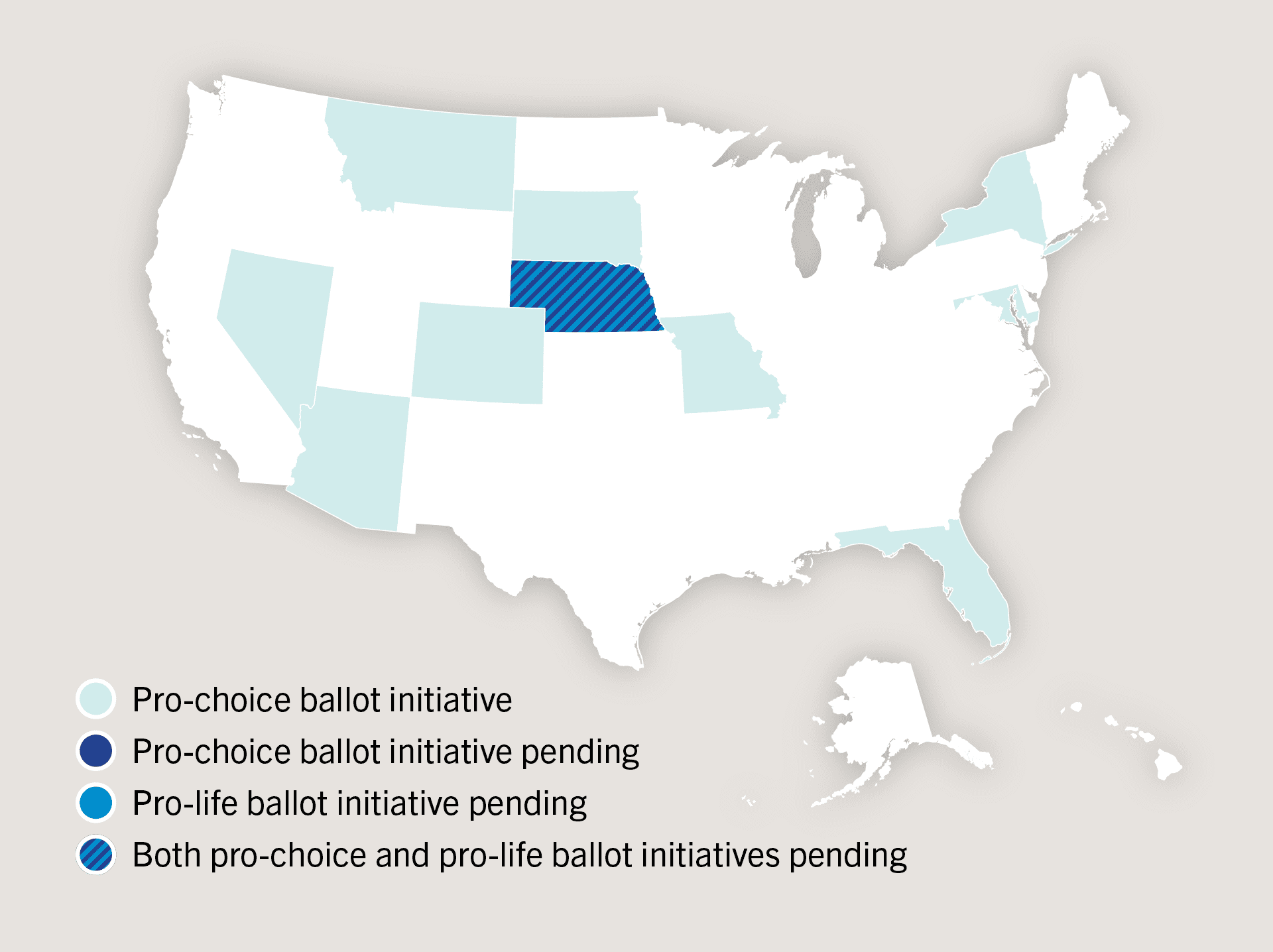Two seasons ago, I took my dad to a Major League Baseball game. My parents had come to town for a visit, and I had two tickets to a game. My dad and I sat in the stands watching the Texas Rangers and talked. We talked about life and baseball—especially where they intersected. It was during that conversation that I learned my grandfather had been offered a contract to play Major League Baseball but opted not to play in order to get a job and support his family. We reminisced about trips to St. Louis to see Ozzie Smith and the Cardinals play. We reflected on my own time as a kid playing baseball while my parents watched from the bleachers. The game of baseball was a bond we shared as father and son.
Today many are wondering about the future of baseball. The participation rate among children is declining. Some blame the slow pace of the game. Others say there are no recognizable superstars compared to basketball and football. But some studies highlight another problem—family structure.
At the beginning of this baseball season, The Washington Post published an article that connected some dots between the declining participation in baseball and the state of the American family. The article reads:
A significant impediment to widening that pipeline to baseball may be the changes that have altered the structure of American families.
In a 15-year study of 10,000 youth baseball players, [David] Ogden [a University of Nebraska researcher] found that the sport is drawing a more affluent, suburban and white base than it once did. In another study he conducted, 95 percent of college baseball players were raised in families with both biological parents at home—at a time when only 46 percent of Americans 18 and younger have grown up in that traditional setting.
“We’re looking at a generation who didn’t play catch with their dads,” Ogden says, “and that’s at the core of the chasm between baseball and African Americans. Kids are just not being socialized into the game.”[1]
There is a key social dynamic at play in American culture that threatens the future of the American pastime. The demise of the family has impacted the number of kids who play the game.
According to David Ogden’s research, only 5 percent of college baseball players come from broken homes despite the fact that more than half of children growing up in the United States live in such homes.
The nature of the game—learning the arts of hitting, throwing, catching, as well as the strategy of the game—requires more than just an occasional practice. It necessitates a strong commitment to the time needed to train a player. That is time usually invested by parents, particularly parents in intact families.
In her book Love and Economics, Jennifer Roback Morse states, “There is no substitute for the family in helping self-centered infants develop into cooperative adults.”[2] It takes great commitment on the part of parents to guide their children from the status of self-centered infant to productive member of society. Morse discusses the roles played by each parent and the economic realities of parenting to demonstrate that the child reared in the married home of his biological parents is best prepared for success in life. In the same way, baseball serves as a metaphor for life as it takes time and commitment to train a player even in the basics of the game. And the results of Ogden’s research demonstrate that those boys reared in intact homes have the best opportunity for reaching higher levels of success in the game.
Lest we think that such a dynamic is exclusive to baseball, earlier this year ESPN released the results of a survey conducted with 128 current and former NFL quarterbacks. Some of those surveyed include Super Bowl winners Peyton Manning, Eli Manning, Joe Flacco, and Russell Wilson. Among the retired quarterbacks surveyed were Hall of Famers Joe Namath, Bob Griese, and Steve Young.
Some of the questions included in the survey considered typical football-related topics, such as when they first threw a football, if they played in a spread offense in high school, and if they attended an instructional camp to develop skills or be seen by scouts. But the most interesting results were the ones about their families. Nearly 90 percent of the quarterbacks surveyed came from two-parent households.[3]
The common feature between these two articles is the presence of intact families for those succeeding in these male-dominated sports. For these boys, the presence of mom and dad makes a difference for their continued participation and potential success.
When looking at what makes the intact family different from the broken home, it is almost always the presence of a father. Most single-parent households are led by women. These single mothers work hard, often holding multiple jobs to provide for their children. Yet they cannot be both mother and father. This is then reflected in the sports they choose to play. Basketball requires a hoop and a ball. A child can work on the game by himself. Baseball, on the other hand, requires more than one person. In fact, it is advantageous to have a larger number of people if you want to do anything more than play catch.
From an anecdotal perspective, I have taken note of the involvement of fathers in my son’s baseball team. Almost every player has a father or grandfather present at the games, and many even come to practice. There are more than enough dads present to coach the bases, toss the ball to players during warm-ups, and give instructions before a batter steps to the plate. This is different from my experience watching my daughters play soccer and volleyball. The sidelines were dominated by mothers and far fewer fathers were in attendance.
While the research does not provide all the answers, it points to a dynamic between fathers and sons that many believe is key to the future of the game. The article from The Washington Post states, “The commissioner, researchers and coaches all see the transmission of baseball fever relying heavily on the father-son dynamic, whereas other sports are often taught in school or by peers.”[4]
Baseball can serve as an illustration to the truth we find in Scripture—families are the structure God created for the most effective rearing of children. In addition, fathers are especially important to boys.
As fathers, we have a responsibility to teach our sons. We teach them through our words and actions how to love God and be men. Scripture is replete with admonitions to fathers about teaching their sons to follow after God. A constant refrain in the first seven chapters of Proverbs is for a son to hear his father’s instructions. Solomon wrote these words for the benefit of his son.
Fathers cannot teach their sons if they abdicate the responsibilities of fatherhood. A boy growing up without a dad is missing something very important. He is missing the best example of what it means to be a man.
In describing the work of shaping a boy into a man, J. Budziszewski writes, “Unlike the achievement of biological maturity, the achievement of manhood is hard work, labor that requires a firm hand with the desires and devices of the heart. Alas that carving and shaping of these impulses is so unfashionable.”[5] The achievement of manhood is best achieved under the watchful eye of another man—namely, a father.
Baseball gives yet another illustration of the hard work necessary in achieving manhood. The eye must be trained to discern deceptive pitches and forego swinging the bat. The mind must be trained to make split-second decisions and act upon them with conviction. It is intense labor best achieved under the tutelage of a coach.
It should come as no surprise that one of the most well-known passages regarding the instruction of children is directed toward fathers and sons. In Deuteronomy 6, we read:
Now this is the commandment, the statutes and the judgments which the Lord your God has commanded me to teach you, that you might do them in the land where you are going over to possess it, so that you and your son and your grandson might fear the Lord your God, to keep all His statutes and His commandments which I command you, all the days of your life, and that your days may be prolonged. . . . These words, which I am commanding you today, shall be on your heart. You shall teach them diligently to your sons and shall talk of them when you sit in your house and when you walk by the way and when you lie down and when you rise up. You shall bind them as a sign on your hand and they shall be as frontals on your forehead. You shall write them on the doorposts of your house and on your gates. (Deut 6:1–2, 6–9)
We can learn much about life from baseball. It serves as a commentary on the state of America. Unfortunately, the current state of the game paints a sad picture about the state of American families. The strength of the family is declining along with the popularity of the game. Perhaps we should strive for a revival of the American pastime, but not simply for the sake of baseball. We should pray that it comes as a result of the revival of the intact family.
[1] Marc Fisher, “Baseball is struggling to hook kids—and risks losing fans to other sports,” The Washington Post, 5 April 2015.
[2] Jennifer Roback Morse, Love & Economics: It Takes a Family to Raise a Village (San Marcos: Ruth Institute Books, 2008), 97.
[3] Kevin Seifert, “Quarterback survey: What we learned,” ESPN.com, 5 February 2015.
[4] Fisher, “Baseball is struggling to hook kids.”
[5] J. Budziszewski, On the Meaning of Sex (Wilmington: ISI Books, 2012), 64.








